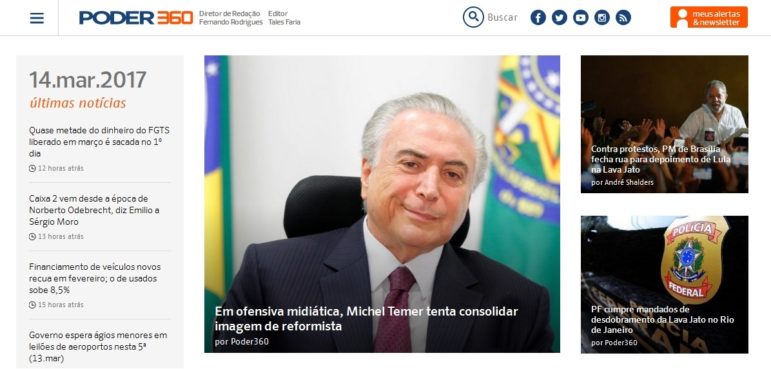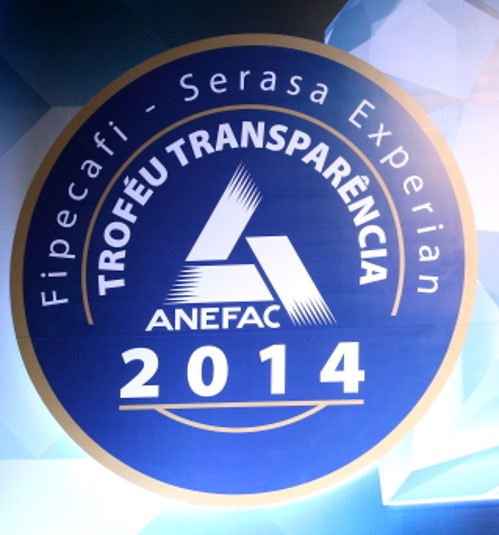
News & Analysis
Brazil’s Journalists Seek Solutions to Fake News
At the 12th Congress of Investigative Journalism in São Paulo this summer, journalists tackled the issue of fake news and safety for journalists in Latin America.

At the 12th Congress of Investigative Journalism in São Paulo this summer, journalists tackled the issue of fake news and safety for journalists in Latin America.

When he was laid off from Folha de S. Paulo in 2014, political reporter and columnist Fernando Rodrigues did not stop his behind-the-scenes coverage of power in Brasilia. He continued to write for his blog, which he had kept for 14 years, and to participate in a radio show. Shortly thereafter, he launched his own company, an innovative startup that has been growing, making profits and hiring journalists.
On Thursday, June 30, a group of journalists met at a house in Botafogo in the South Zone of Rio de Janeiro for a full day of training in the city’s access to information laws, followed by a debate on transparency in the context of the upcoming Olympics. “We wanted to do something before the Olympics on access to information, because so many people don’t know how the system works,” explained Mariana Simões, manager of Casa Pública.


From my experience of more than eight years managing transactions and capacity building programs in Latin America and Africa, a radical approach to transparency is the key to enable public-private partnerships to deliver more and better infrastructure services. The crude truth is that opaque policies serve a lot of interests, but almost none of them benefit service users or taxpayers.
Covering street protests involves risks that every journalist should be prepared for. Knowledge, experience and planning can help reduce these risks. To help journalists worldwide, Abraji has developed a guide, packed with tips and anecdotes from professionals who have experienced risky incidents while covering protests. Here’s an excerpt, covering how to prepare and how to act during the event.